
The Patient Will See You Now
The Future of Medicine Is in Your Hands
Recommendation
In this dizzying overview of how you can control your health destiny, cardiologist Eric Topol shows how the Internet and other technology are reshaping the world of health care. He argues that patients must have access to their medical data – which they own – and should become active participants in decisions that affect their own health care. They need to know their treatment options, including price. And health care providers should share anonymous medical data for society’s benefit. Doctors should step down from their all-knowing stance and become partners in a medical universe that centers less on them. Due to the quickly evolving nature of health care, the book inevitably contains outdated statements and prices. Still, getAbstract recommends Topol’s enthusiastic report as an eye-opener for patients, parents, insurers, health care providers and health care managers.
Summary
About the Author
Eric Topol, MD, heads California’s Scripps Translational Science Institute.








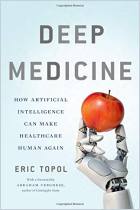


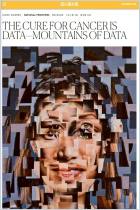

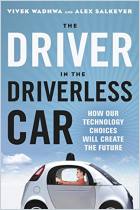
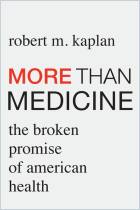
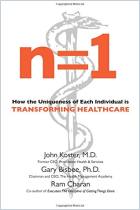




Comment on this summary